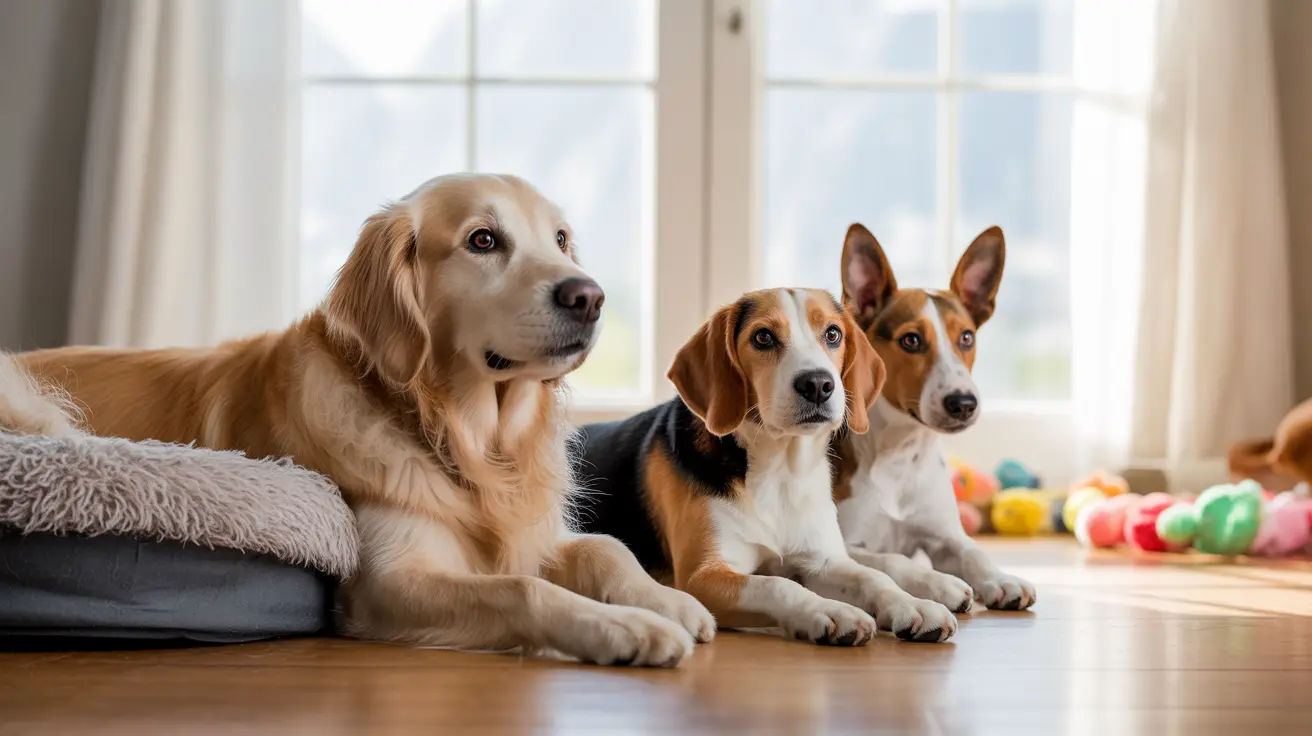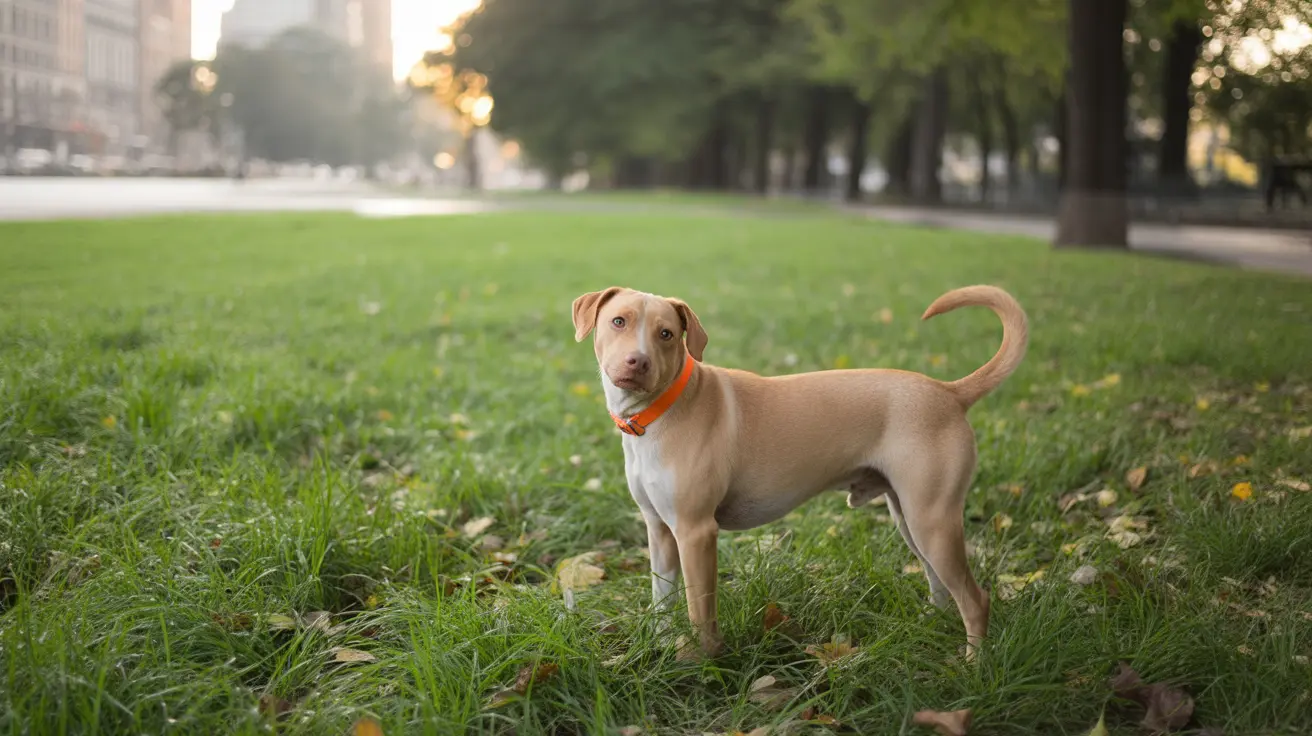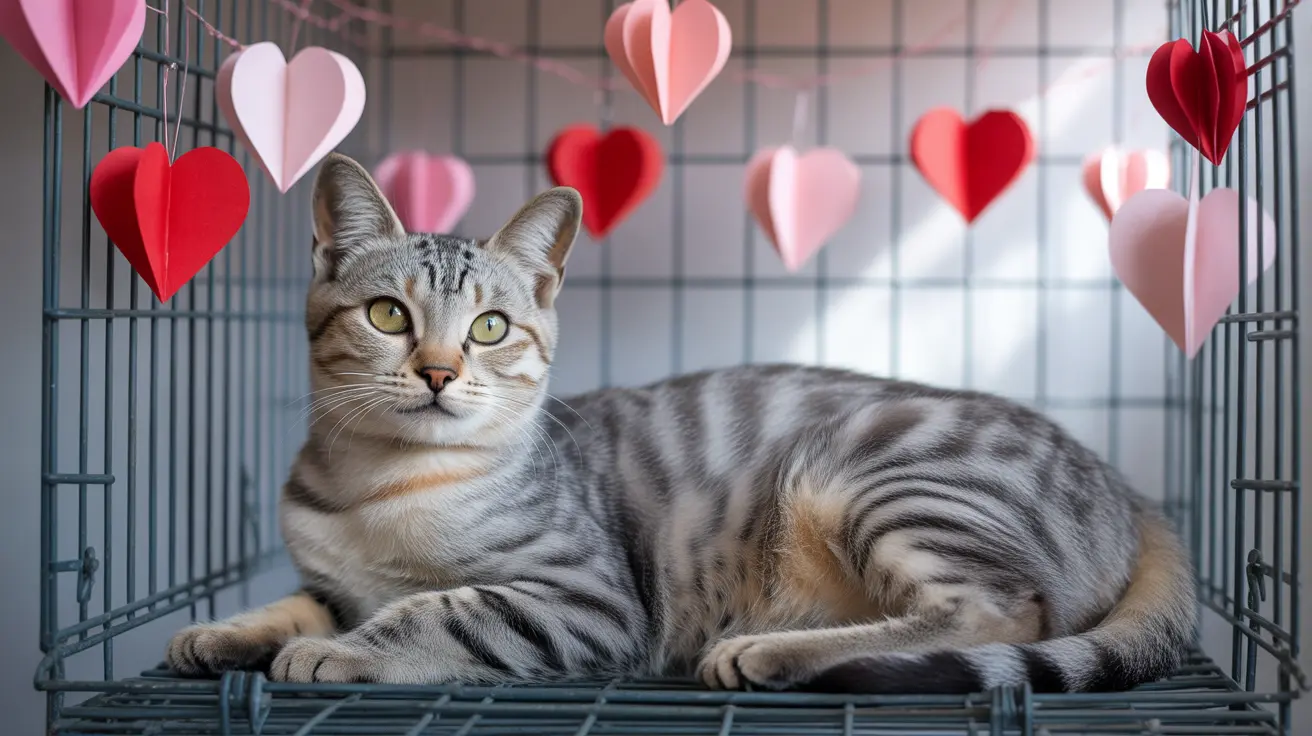How to Trim a Dog's Face Without Cutting Whiskers
Dog grooming is essential to keeping your pet comfortable and healthy. However, when grooming your dog’s face, it’s critical not to cut their whiskers. These stiff, sensory hairs are not just decorative—they serve important functions that support your dog's navigation and awareness.
Understanding Dog Whiskers
Whiskers, or vibrissae, are specialized hairs found on various parts of a dog's face. Unlike regular fur, whiskers are:
- Thicker and longer
- Deeply rooted in nerve-rich follicles
- Sensitive to touch, air currents, and vibrations
There are several types of whiskers:
- Mystacial whiskers: on the muzzles’ sides
- Supraorbital whiskers: above the eyes
- Genal whiskers: on the cheeks
- Interramal tufts: on the chin
These whiskers aid your dog in detecting nearby objects, ensuring safe movement, and even expressing emotional states.
Why You Should Never Cut Whiskers
Cutting whiskers isn’t painful, but it is
highly disorienting to your dog. Because the whiskers provide critical sensory feedback, dogs may become confused, anxious, or prone to bumping into things when their whiskers are trimmed or missing.
While whiskers do grow back in 2–3 months, it's best to preserve them, especially since dogs rely on them most at night or in unfamiliar environments.
Steps to Trim Your Dog’s Face Without Damaging Whiskers
1. Identify the whiskers
- Look closely at the muzzle, above the eyes, cheeks, and chin.
- Whiskers are easy to spot—they’re longer, thicker, and more prominent than regular fur.
2. Use blunt-tipped grooming scissors
- Choose grooming scissors with rounded ends to avoid injuring your dog during facial trimming.
- Work slowly and gently, keeping the dog calm.
3. Avoid trimming directly near whisker bases
- Whiskers emerge from deep follicles with many nerve endings.
- Do not attempt to cut off hair that’s close to these follicles.
4. Comb and isolate the whiskers
- Comb the face fur downward or outward to separate whisker hairs from the rest.
- Hold the whiskers aside as you trim only the adjacent fur.
5. Use a small trimmer or scissors only where needed
- Use a small facial grooming tool to target fur away from whiskers.
- Never run a clipper directly over the muzzle or whisker zones.
What to Do if Whiskers Get Trimmed Accidentally
Accidentally trimming a whisker is not a veterinary emergency. However:
- Monitor your dog for disorientation or behavior changes.
- Ensure the surrounding whisker area is not irritated.
- Provide a calm, familiar environment as the whiskers regrow.
Whiskers typically regrow in 6–12 weeks, assuming the follicle was not damaged. Watch for signs of poor regrowth, which could indicate underlying health issues like stress or skin infections.
Maintaining Your Dog’s Facial Hygiene
Even without trimming whiskers, you can keep your dog’s face clean:
- Wipe the face gently with a damp cloth after meals or walks.
- Remove rheum (eye discharge) with clean wipes.
- Trim fur around the mouth and under the eyes carefully, avoiding whiskers.
Avoid Common Mistakes
- Never pluck whiskers—it’s painful and causes bleeding.
- Don’t use electric clippers near whiskers; scissors offer more control.
- Refrain from trimming whiskers for aesthetics—functional health takes priority.
Closing Thoughts
Whiskers are vital tools that help dogs interact safely and confidently with the world. While grooming a dog’s face can enhance hygiene and appearance, care must be taken to consciously avoid their whiskers. With gentle handling and mindful trimming, you can keep your dog looking tidy without compromising their comfort or sensory well-being.





